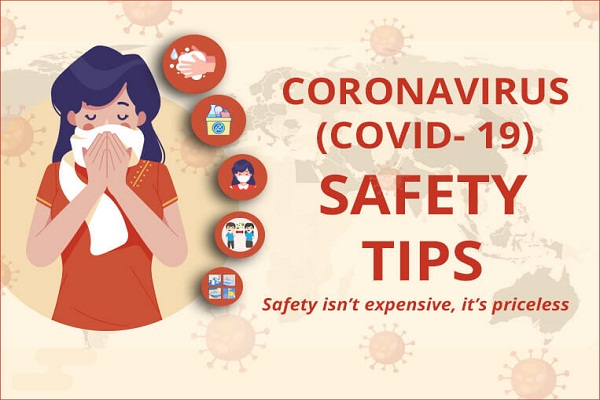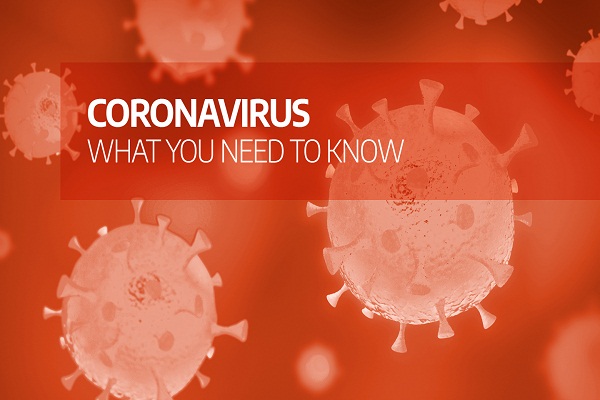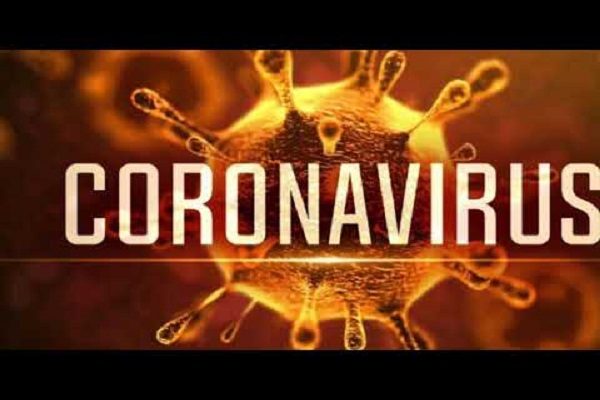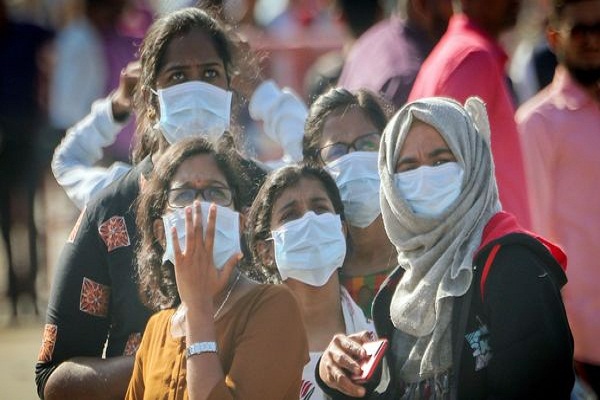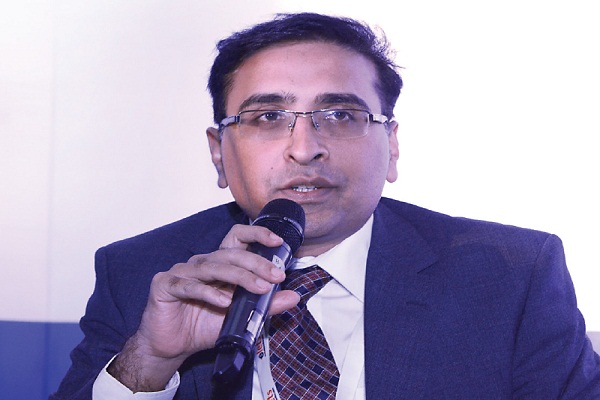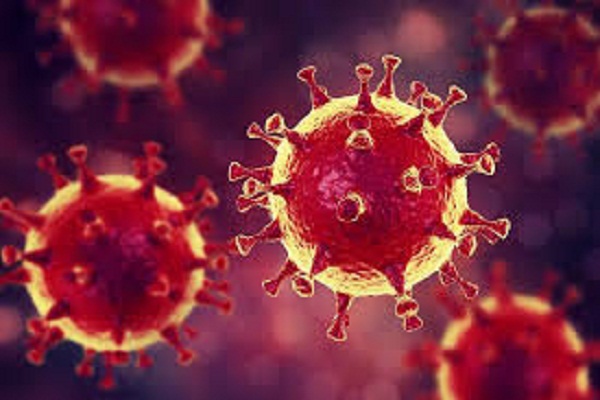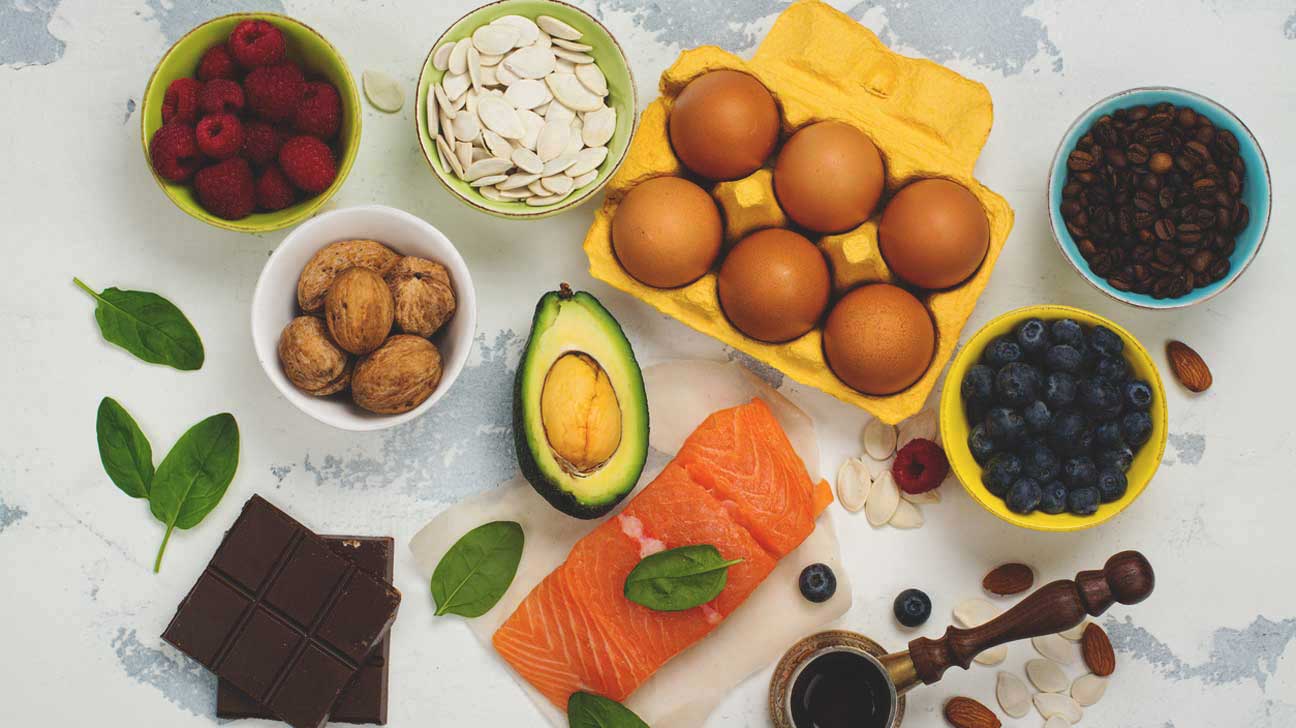
 With social media becoming a ubiquitous part of our lives, the young generation has become quite conscious about their body image. Instead of focusing on physical fitness, they are obsessed with achieving a perfect type of body by any means. Many starts to follow a diet plan after reading about it on the internet, without proper medical advice. Some of the diet trends that are all in rage now include Keto diet, Paleo diet, GM diet, Atkins diet etc. Some even go to the extent of skipping meals in order to shed the extra inches.
With social media becoming a ubiquitous part of our lives, the young generation has become quite conscious about their body image. Instead of focusing on physical fitness, they are obsessed with achieving a perfect type of body by any means. Many starts to follow a diet plan after reading about it on the internet, without proper medical advice. Some of the diet trends that are all in rage now include Keto diet, Paleo diet, GM diet, Atkins diet etc. Some even go to the extent of skipping meals in order to shed the extra inches.
These diets can be followed for a short duration and may produce some good results. However, if followed for a long-term, these diets can have some sort of repercussions to your health.

Its always recommended to consult a nutritionist or a dietician before starting with any diet plans. Usually, they give a tailor-made diet which will not have any negative impact. The internet can never be 100 per cent accurate and only a professional can tell whats best for your body. In fact, the above-mentioned diet trends can have some adverse side effects, which are as follows:
Keto Diet
While the origin of the Ketogenic diet dates back 100 years, it was only in the 1970s when it gained popularity as a way to lose weight. Keto diet causes the body to produce ketones which induce weight loss. If you are on a Keto diet, you are asked to restrict your carb consumption and eat more vegetables, protein and fat. Though Keto diet can be helpful if you are looking to get in shape, it doesnt come without side effects.

Since this low-carb diet is heavy on red meats, fatty, processed foods, it can increase the bloods cholesterol level. In the initial days into the diet, people might feel fatigued, drowsy and dizzy. Some also complain of issues like constipation, muscle cramps and an urge to urinate frequently.
Paleo Diet
Paleo diet aka cavemen diet was first introduced in the 1970s by Loren Cordain, a PhD research scholar from Colorado State University. This diet mainly encourages consumption of whole foods like vegetables, fruits, seeds, eggs, free-range meat, seafood etc, where as forbidding intake of foods such as beans, grains, dairy products, cereals and any processed foods. Paleo diet is based on the concept that any food produced through agricultural or industrial processes is harmful to health.
However, Paleo diet is not that great for your health. Similar to Keto diet, Paleo diet involves excessive meat consumption which can cause high levels of bad LDL cholesterol in your blood, making you vulnerable to heart diseases. Besides this, you can also experience lethargy, fatigue and sluggishness.
GM Diet
Originally invented to keep the employees of General Motors fit, GM diet is a seven-day weight loss program that was a fad in India a couple of years ago.
Unlike the other two diets, the GM diet is rich in raw or boiled fruits and vegetables, but low in protein and carbs. When you are on a GM diet, you have to eat selective foods for seven days and each day the type of food is different. For example, on the first day, you can only eat fruits, especially which are high in water content.
While this diet can help you lose up to 6 to 8 kg of weight, it also poses certain health risks. GM diet can cause constipation, other gastrointestinal problems, muscle weakness, dark circles under the eyes etc. In extreme cases, it can also affect the bodys immune system. Another disadvantage of the GM diet is that as soon as you are off it, you tend to gain back the weight you lost earlier.
Atkins Diet
Not to confuse with Keto diet, Atkins diet also follows reduced intake of carbohydrates. Invented by a cardiologist named Robert Atkins, Atkins diet has no cap on the intake of protein though. This four-phase diet has high saturated fat content, consisting of notoriously unhealthy foods which are directly associated with obesity.
Criticised by medical professionals, Atkins diet has many other side effects such as weariness, nausea, dizziness, insomnia etc and is not recommended to those suffering from diabetes, kidney or heart diseases.
Needless to say, you should always seek the advice of a professional before starting a new diet. Including whole grains, millets, lentils and pulses to your diet is a good idea. Also make sure to eat a lot of fresh green leafy vegetables and fruits that provide the vitamins, minerals and fibres. Striking a balance in your diet is very important, so dont forget to consume dairy products, white meat, and fish in moderate amount. Lastly, drinking 8-10 glasses of water per day is advised (exception for those with compromised kidney conditions).
(The Writer is Sheela Joseph, Nutritionist at SPARSH Group of Hospitals, Bangalore. The views expressed are personal opinion.)
Be a part of Elets Collaborative Initiatives. Join Us for Upcoming Events and explore business opportunities. Like us on Facebook , connect with us on LinkedIn and follow us on Twitter , Instagram.


